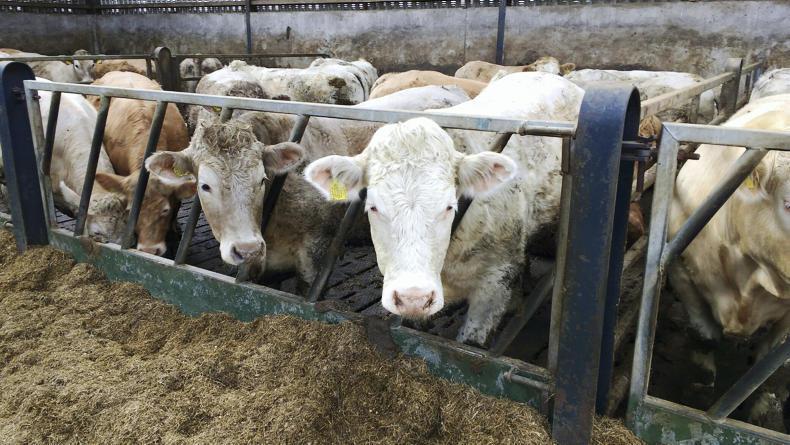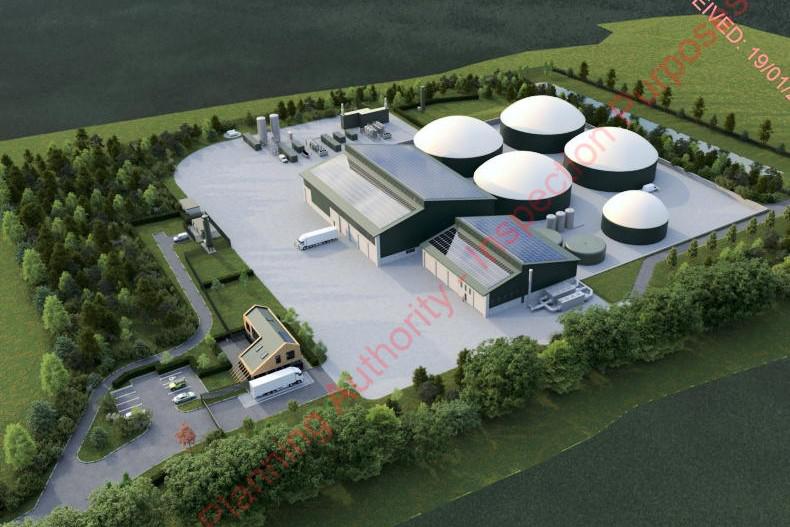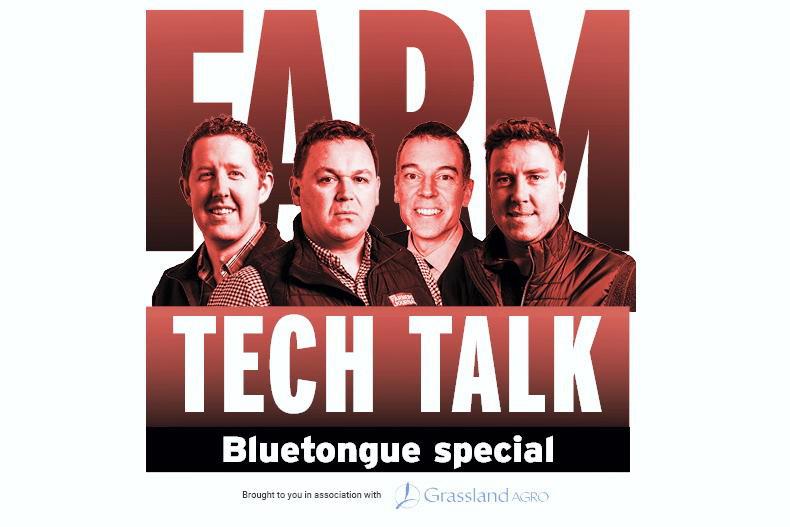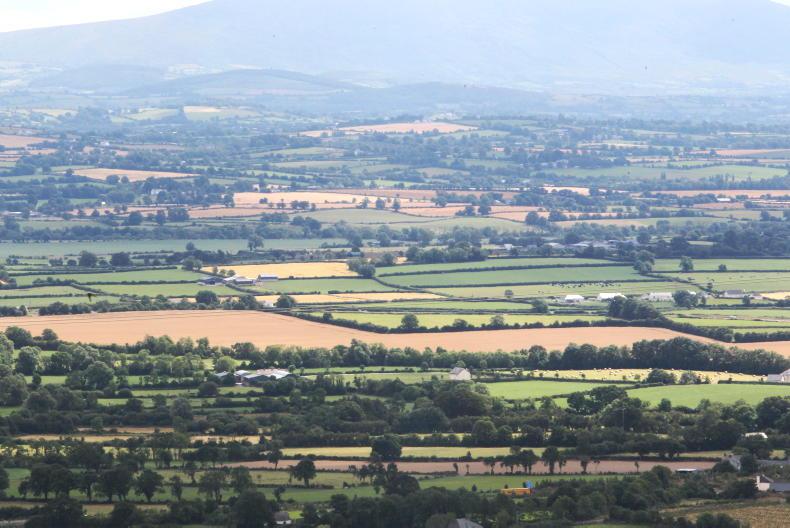New entry and exit rules for the Agricultural Flat Rate Scheme (AFRS) came into effect on 1 January 2021, but it might be well into the year before some farmers in NI are forced to leave the scheme.
Any farm business can join AFRS when their annual turnover from farming activity is below £150,000, but must leave the scheme when turnover goes above £230,000.
For those in the scheme, they cannot reclaim input tax, but in return can charge a flat rate addition of 4% when selling goods to a VAT registered business. The scheme has been attractive to large scale beef finishing businesses in NI.
Speaking during a webinar on Wednesday organised by the Ulster Society of the Chartered Accountants of Ireland, Kevin Coyle from HMRC explained that two particular exit criteria now apply.
Farmers must leave AFRS if their turnover exceeds £230,000 in any 30-day period, or if turnover is over £230,000 in the 12-months from the date of their registration for the scheme. So a farmer who initially joined on 1 November in a previous year, can remain on the scheme until 1 November 2021, even if their turnover in the last 12 months is over the threshold.
To leave AFRS farmers need to write to HMRC informing officials that they are over the limit. They then need to register for standard VAT.
Coyle warned those considering splitting an existing business to get around the new rules, that legislation does not permit that change. He also said that HMRC is working on a variety of different approaches to ensure compliance, and gave reassurance to meat plant owners in NI (who claim the 4% flat rate VAT payment back off HMRC) that there is no obligation on them to ensure that claimants are working within AFRS rules. “The obligation is on the farmer” confirmed Coyle.
Read more
HMRC outlines flat-rate VAT changes
NI farmers win flat-rate VAT case
New entry and exit rules for the Agricultural Flat Rate Scheme (AFRS) came into effect on 1 January 2021, but it might be well into the year before some farmers in NI are forced to leave the scheme.
Any farm business can join AFRS when their annual turnover from farming activity is below £150,000, but must leave the scheme when turnover goes above £230,000.
For those in the scheme, they cannot reclaim input tax, but in return can charge a flat rate addition of 4% when selling goods to a VAT registered business. The scheme has been attractive to large scale beef finishing businesses in NI.
Speaking during a webinar on Wednesday organised by the Ulster Society of the Chartered Accountants of Ireland, Kevin Coyle from HMRC explained that two particular exit criteria now apply.
Farmers must leave AFRS if their turnover exceeds £230,000 in any 30-day period, or if turnover is over £230,000 in the 12-months from the date of their registration for the scheme. So a farmer who initially joined on 1 November in a previous year, can remain on the scheme until 1 November 2021, even if their turnover in the last 12 months is over the threshold.
To leave AFRS farmers need to write to HMRC informing officials that they are over the limit. They then need to register for standard VAT.
Coyle warned those considering splitting an existing business to get around the new rules, that legislation does not permit that change. He also said that HMRC is working on a variety of different approaches to ensure compliance, and gave reassurance to meat plant owners in NI (who claim the 4% flat rate VAT payment back off HMRC) that there is no obligation on them to ensure that claimants are working within AFRS rules. “The obligation is on the farmer” confirmed Coyle.
Read more
HMRC outlines flat-rate VAT changes
NI farmers win flat-rate VAT case










SHARING OPTIONS